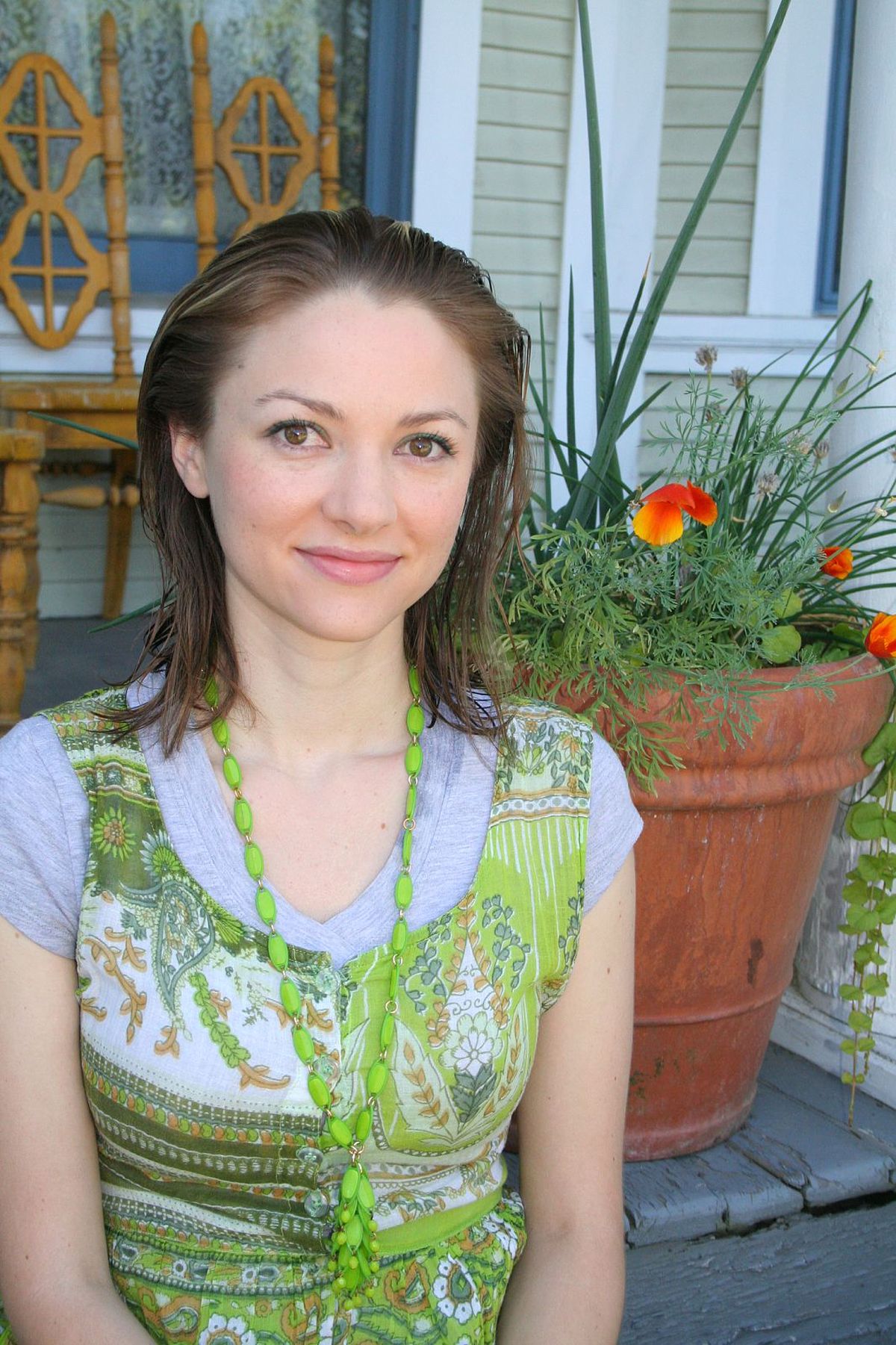Voices of Change
How Spokane-area advocates are building a strong community

If Spokane had a “sustainability dial,” the last five years would have seen it progressively click upwards, thanks to a growing number of emergent voices not shy about turning things up.
Some of these voices are fairly new, Down to Earth NW for instance, which turns 2 this fall; others have been at this awhile longer. Collectively they are all helping Spokane realize its potential by advocating “local,” building community and changing how we view and care for our environment.
One of these voices belongs to Mariah McKay, whose tireless commitment to social awareness and sustainability since returning to Spokane three years ago has provided an inspirational spring board for our city.
A Mead High School alum and molecular biology major, McKay decided she couldn’t ignore “the disconnect between Spokane’s outside reputation and all the exciting developments on the ground.”
So she ditched a future in biotech and started stirring things up with her web site, The Spovangelist, containing McKay’s bold observations of life in Spokane and its possibilities. She also earned the title of 2009’s Best Local Blogger from the Inlander.
McKay is also the creator of a social co-op of young professional women, the Shrinking Violet Society, and co-creator of Terrain—a creative collective aimed at bringing artists and community members together. Her day jobs include being production coordinator for Sustainable September, a Community-Minded Enterprises initiative, and director of NextUp Spokane, a group dedicated to increasing civic participation among young people.
“I’ve definitely always seen myself as an independent—not a ‘go-with-the-flow’—type of girl,” she said.
Like-minded entrepreneur Debra Di Bernardo of Roast House Coffee, an organic and fair trade coffee roaster which opened last January, agrees that meaningful connections are key in creating a vibrant community. “If we’re going to make a difference, we need to create a bond.”
Roast House Coffee joins several other local roasters such as Doma Coffee and Tom Sawyer Coffee which are also strongly committed to improving the lives of the local community, coffee clients and bean producers in distant lands.
“We weren’t interested in just competing; we want to gently change the equation,” says Di Bernardo. “It’s about sharing the bean and community, locally and afar.”
At Roast House, it’s a “Farm to Cup” approach meaning conscientious transparent trade practices with farmers who sustainably produce quality, shade-grown, organic coffees in small lots at fair trade or greater prices. The values are similar to a Slow Food approach, says Di Bernardo, who serves on the local Slow Food board.
A supporter of sustainable and environmental programs including The Lands Council, Friends of the Falls, and the Recycling Foundation, Di Bernardo is also an avid cyclist who often bikes to work and proudly supports local bike events, where she serves up a coffee blend, “Ride the Edge”— specially created for Main Market.
Another ardent promoter of two-wheel transit is Spokane Councilman Jon Snyder. Via his “Out There” monthly publication, Snyder has filled a niche of outdoor recreation information since 2004.
In 2003, Snyder co-founded the “thin air” radio station—KYRS, dedicated to starting conversations on neglected perspectives and important issues—local to global—as well as providing a spectrum of cultural and musical genres.
Now Snyder’s common thread of “quality of life and social, economic and environmental justice” has woven its way into the city’s Sustainability Action Plan. He says we’ve made some encouraging progress in the last five years but can do more.
“The water issues I debated about on the [Lewis & Clark] debate team in high school are the same we’re discussing today,” says Snyder. “Our biggest challenge for the future is long-term water preservation. It’s not out of the realm that we could become a water refugee destination…we need to be prepared for that.”
Two dedicated volunteer program hosts who have helped boost KYRS’s popularity with their “Earth Matters Now” show is Argyle Baukol, Living Green Specialist for Spokane Neighborhood Action Programs, and Mike Peterson, The Lands Council’s executive director.
Baukol and Petersen’s half-hour program Tuesdays from noon-12:30 p.m., finds them tackling local, national and global environmental issues including policy, deforestation, mining and water conservation.
Critical commentary between the two can be spontaneous but when it comes to Baukol and toxicology issues, she takes the spotlight, and in turn Petersen is always ready to deliver the latest on forestry and mining.
In good company with a slew of other hardworking KYRS hosts (including Bart Mihailovich and Paul Dillon’s Down to Earth program and DTE columnist Paul Haeder’s “Tipping Points,” ) producing 60-plus shows to the airwaves, the station provides progressive perspectives and diverse programming of music, culture, news and views.
Ranked among the top three best Spokane radio stations in The Inlander’s 2008 and 2009 “Best Of” polls, KYRS also won the Spokane Arts Commission Bold Strokes Special Achievement Award in 2009.
Proof of its applauded performance is in its power—in November, KYRS will begin broadcasting at 6,500 watts thanks to a federal construction grant, a nie bump from its current 100-watt range.
“I think this speaks very well for Spokane and KYRS,” says Baukol. “Residents seemed to be more drawn to apathy 10-15 years ago; the past five years have seen a big jump… in people encouraged to speak up, ask questions, respond with their own ideas. When you start to hear your own voice catching up with you through your community, it’s encouraging.”